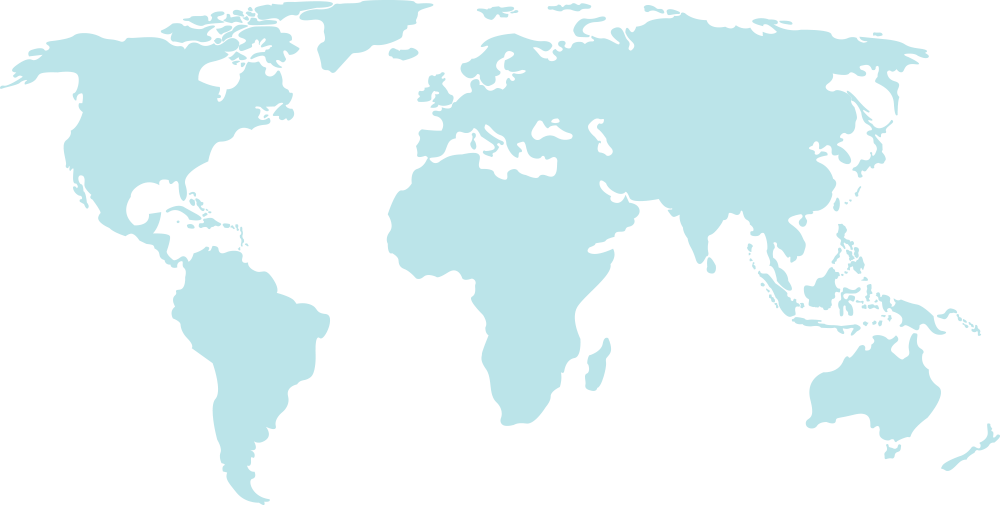
-
Learn more

Bangladesh
Products: Black, Green, White, Oolong, Herbal
-
Learn more
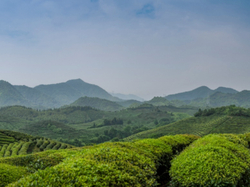
China
Products: Teas and herbs used for our kombucha partners, and
-
Learn more
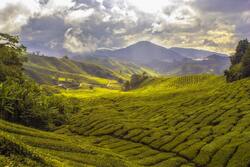
India
Products: Teas and herbs used for our kombucha partners, and
-
Learn more
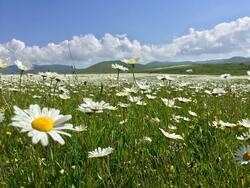
Egypt
Products: Chamomile & Hibiscus
-
Learn more
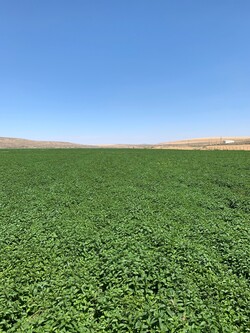
PNW
Products: Mint
As Teatulia grew, we needed teas and herbs that do not naturally grow in our garden to our unique climate. We needed different grades of tea plants, Camellia Sinensis, and herbs such as chamomile, hibiscus, rooibos, and mate, which all need specific climate zones to thrive.
Armed with the knowledge of how to grow sustainably grown and delicious teas, we sought out like-minded partners around the world to help us expand our selection.
This network of grower partners makes up the Alliance of Sustainable Gardens. Click on each leaf below to learn more about the gardens.
Terroir: Shade-grown tea plants in nutrient-rich soil located in the Northern tip of Bangladesh
Products: Black, Green, White, Oolong, Herbal more...
Cultivation Area: The Northern tip of Bangladesh in the city of Tetulia.
Commitment To Quality: Grown in rich organic soil and forested garden. Our soil is rich in nutrients from organic vermicompost and cow manure, never stripped by chemical fertilizers. From healthy soil grows lush and flavorful teas. Direct sun can burn delicate tea leaves, creating a bitter, astringent taste. At our garden, tea is grown in the shade of neem trees, ensuring a fresh and full-bodied taste.
Giving Back: The garden was started as a way to enrich the land and the people at the same time. Women who work in our garden are paid to attend school, raising the literacy rates in the community by 50%. Our cattle-lending program loans cows to women in our community. The loan is repaid with cow dung we use in our tea garden. Once the load is paid, the women can create financial independence with the sale of calves and fresh milk. Read their stories (link to stories page).
Certification:
USDA Organic
Fair Trade
Terroir: Flavorful herbs drenched in Pacific Northwest sunshine.
Products: Mint more...
Cultivation Area: On the Washington side of the Columbia River Basin in the lush Pacific Northwest
Commitment To Quality: Our mint comes from a 26 acres field, which is canal and well irrigated using water from the Columbia River. The garden is involved in GAP (Good Agricultural Practices), which volunteers for audits to ensure that crops are produced, packed, handled, and stored to minimize risks of microbial food safety hazards.
Certifications: UEBT/Rainforest Alliance certified
Giving Back: As a Rainforest Alliance certified farm, the garden uses methods that support the three pillars of sustainability: social, economic, and environmental. This means the workers can count on healthy working conditions, fair wages, gender equality, and protection of human rights.
Terroir: Organically grown with Mediterranean roots
Products: Chamomile & Hibiscus more...
Cultivation Area: Southwest Egypt in Owainat East
Commitment To Quality: We have invested in a local employee to monitor all orders – Ms. Amani Award. Chamomile is native to the lush valleys of Egypt and has long been regarded as the highest grade chamomile growers in the world. In Ancient Egyptian times, Chamomile was used to honor the gods and as a cure-all medicine.
Certifications: The first and only fully-integrated Biodynamic-certified farm in Egypt. Biodynamic gardens grow their crops using a holistic approach that respectfully coexists with Mother Nature. Crops are grown in living soil enriched with compost, and as much care is given to the plants as the earth.
USDA Organic
EU Organic
Giving Back: Contributes 1% of topline revenue cooperation to the NGO EconoWin. EconoWin works to improve the economic integration of women in Egypt, Jordan, Morocco and Tunisia to improve both the lives of the women and the local economy.
Girls Project bridges the gap between both genres by providing literacy training, improving infrastructure, and recognizing efforts to improve the retention rate. Overall this aids in reducing hunger and poverty.
Teatulia’s Egyptian project contributes 1% of its top line for charity projects saving the lives of Egyptians in collaboration with reputable NGOs.
Terroir: Grown high in the Blue Mountains for slow-growing, flavorful tea plants.
Products: Teas and herbs used for our kombucha partners, and more...
Cultivation Area: In the Blue Mountains of Nilgiri, South India
Commitment To Quality: This garden sits at 8,000 ft making it the highest commercial tea estate in the world. Growing tea at a high altitude slows the growth of tea plants, allowing essential nutrients and rich flavor to develop in the leaves.
Certifications: Organic certification since 1996, Fair Trade certification since 1996 (first in India)
Fair Trade
USDA Organic
EU Organic
Jasmine Organic
Rainforest Alliance
Giving Back: The estate has a 50-bed hospital that serves the workers of the estate and the 26 surrounding villages. Around 15,000 patients are treated annually and all garden workers receive free care. Only hospital in a 150 radius. The garden also provides a school for 1,200 children, 60% of the students are girls and 70% are from the neighboring villages. Buses are provided for safe transportation and has been equipt with safe drinking water that the students are allowed to take home for their families. They have also constructed 14 new houses for teachers.
Terroir: Mountainous terrain and humid weather growing tasty teas since ancient times.
Products: Teas and herbs used for our kombucha partners, and more...
Cultivation Area: South China
Commitment To Quality: Located in the mountain valleys of Wuyuan in China’s “Golden Triangle” of tea gardens. Care for the tea plants and the land is rooted in the ancient traditions of the people in the region. Raising organic crops that are hand plucked with precision and care. Only company to supply organic Jasmine tea in China(do we source b2c jasmine here?)
Certifications: Organic since July 1997 (the first in China) and Fair Trade since 2001 (the first in China). The first electric tea processing facility, meaning no carbon or ash is emitted.
Certifications:
Fair Trade
Jasmine Organic
USDA Organic
EU Organic
Giving Back: Fair Trade Funds are used to help farmers and more than 5,000 children benefit from education, improved living conditions, and the construction of school facilities.

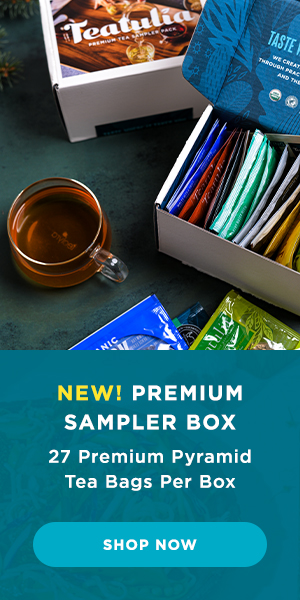
 Bangladesh
Bangladesh